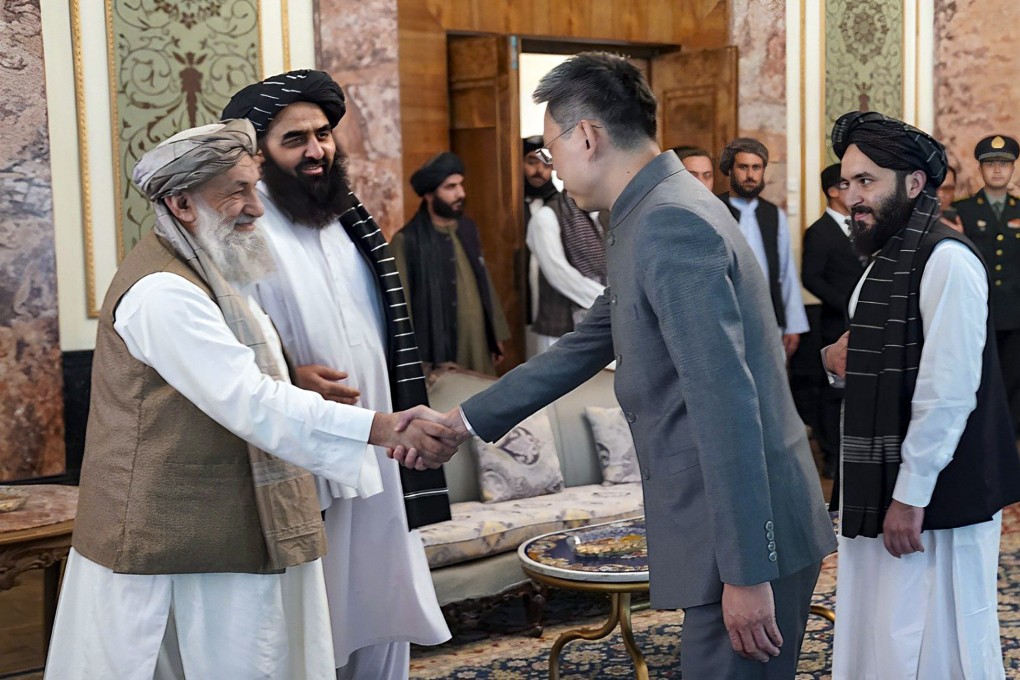Advertisement
Opinion | If Taliban wants legitimacy in Afghanistan, it must renounce al-Qaeda
- The world is willing to negotiate with the Taliban and help solve Afghanistan’s problems but, first, the de facto rulers must cut ties with al-Qaeda and address rising terrorism
Reading Time:4 minutes
Why you can trust SCMP
3

Islamic extremism is on the rise again in Afghanistan, with terrorists flourishing under Taliban rule. With the international community recently meeting in Doha to consider steps to legitimise the Taliban, it could not have come at a worst moment for the de facto rulers of Afghanistan.
In particular, the UN’s report on Afghanistan released last month revealed a disturbing rise in activity by al-Qaeda.
The report said the terrorist group had re-established itself in Afghanistan and “continues to pose a threat to the region, and potentially beyond”. Al-Qaeda has reportedly built eight new training camps, runs safe houses in Kabul and Herat, has stockpiled weapons in the Panjshir Valley, and operates five madrasas in the east of the country.
Advertisement
While the UN report found that al-Qaeda lacks the capability for a large-scale attack, it still harbours global ambitions and is rebuilding its strength in Afghanistan.
Al Qaeda’s re-emergence is a big concern globally. Under the leadership of Osama bin Laden, the group used Afghanistan as a base during the Taliban’s last stint in power between 1996 and 2001. This led to the Taliban being internationally isolated and enabled al-Qaeda to carry out devastating attacks around the world, including September 11.
Advertisement
The Taliban is also connected to smaller groups Tehreek-i Taliban Pakistan (TTP) and Tehreek-i Jihad Pakistan (TJP), which have carried out terrorist attacks in neighbouring Pakistan. This includes a bombing in Khyber Pakhtunkhwa province last year that killed 23 soldiers and injured many more. Over 400 Pakistanis, including security forces, have reportedly died in insurgent suicide bombings and attacks since the start of last year.
Advertisement
Select Voice
Select Speed
1.00x
